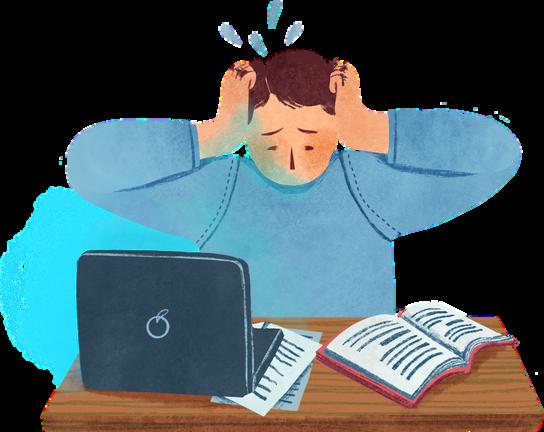
2 minute read
Stressors and Relxation Methods
from PL PARCEL #8
by plparcel
Written By: Charaine Neo (2.2), Chloe Chan (2.3), Naomi Zoe Ng (1.4) Designed By: Jean Wong (3 3), Edlysia Goh ( 3 4) , Aareesha (1 7)
As secondary school students, many of us definitely have been stressed before, especially during examination season. In this article, you will learn more about what causes stress, ways you can relax and much more!
Advertisement
What are some common stressors?
As students, there are several stressors that we encounter in our lives. Heavy workload and academic pressures such expectations can be significant stressors, and e fear of failure or not meeting goals can create f increase of stress and anxiety. Additionally, tim management challenges, including balancing m assignments, examinations, extra-curricular acti and personal commitments can lead to feeling overwhelmed and stressed Peer pressure and s challenges, such as maintaining friendships and navigating social dynamics can also be signific contributors to stress. Furthermore, the pressure excel in various aspects of life can create a con sense of competition and self-comparison. Exter factors such as family expectations can further a the stress experienced by students
What are some signs of stress?
Firstly, tiredness. This may seem insignificant, but stressing over something – be it over our friendships or school – can lead to lack of sleep due to tensing muscles. Secondly, being easily irritable and angry. Being in a bad mood, snapping at everyone, is a common sign of stress because we would have a lot on our mind, and the lack of sleep definitely will make us more irritable. Thirdly, being uninterested in almost everything. Long-term stress can lead to losing motivation and interest. So, if we notice someone being unusually passive, we should reach out to them and help them overcome their stress.
How stress affects Our Lives


Stress mainly affects our lives in four main components, your body, your thoughts, feelings and behaviour as you can have both physical symptoms and emotional symptoms under stress. Some emotional symptoms of stress are anxiety, restlessness and a weakened drive to socialise. Moreover, stress that is left unchecked can contribute to many physical symptoms, such as headaches, high blood pressure, heart disease, obesity and diabetes. It is important to acknowledge these effects and find healthy relaxation methods to cope with stress.
How To Prevent Stressors

There are many ways to prevent stressors. Firstly, you must pinpoint the sources of stress in your life. Constantly ask yourself what contributes to your daily stress levels. Then, you can start finding ways to alleviate your stress, such as exercising and getting enough sleep. Exercising helps to relieve your pent-up energy and frustration, which involves a simple process that releases certain chemicals in the brain, also known as endorphins, which helps improve your mood. Having enough sleep is also vital to being stress-free as it gives your body time to repair from a full day’s worth of work. It is amazing how this natural process can help us in so many ways.









